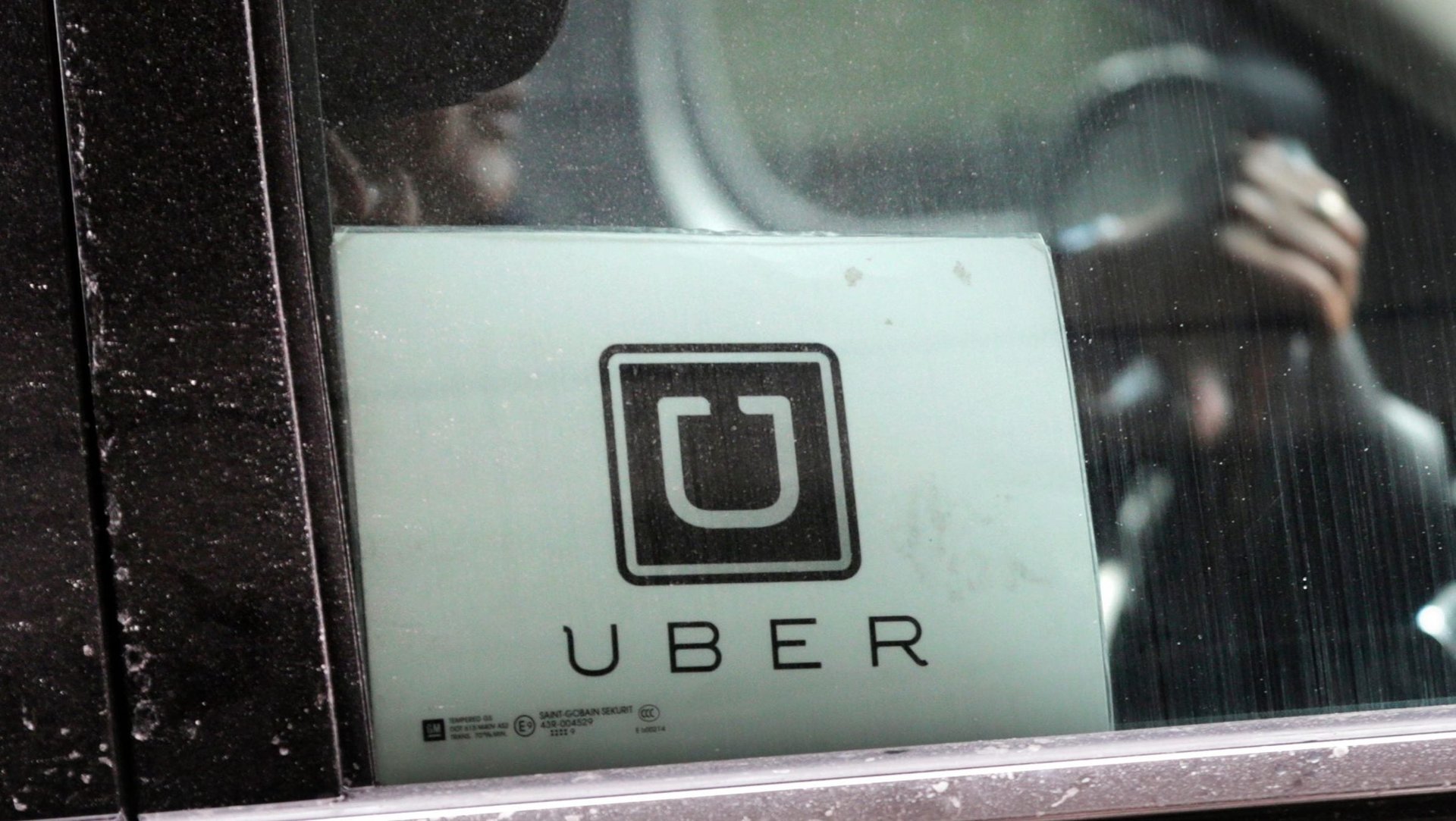Uber’s much-touted new safety features? China had them first
Uber has been rolling out new safety features for riders in the US. But in China, those same features—or ones very similar to them—are nothing new. They were introduced much earlier by the same company that defeated Uber in China: Didi Chuxing.


Uber has been rolling out new safety features for riders in the US. But in China, those same features—or ones very similar to them—are nothing new. They were introduced much earlier by the same company that defeated Uber in China: Didi Chuxing.
In April, Uber CEO Dara Khosrowshahi announced in a website post a series of new safety measures “coming to the US this summer.” The firm also sent an email to users yesterday (June 4) describing the upcoming features.
One such feature allows Uber users to share their trip details with up to five trusted contacts, who can watch the trip unfold on their screens. China’s Didi introduced that capability back in May 2016 (link in Chinese): Riders can either share trip details manually or set up automatic alerts with up to five designated contacts.
Uber did introduce the ability to automatically share location information with a family member in 2016, and before that it allowed riders to share real-time maps. But the new “trusted contacts” feature will be easier to find and use, Khosrowshahi wrote. It’ll also be a lot like Didi’s feature.
Another new feature, launched by Uber last week in the US, allows a user to call 911 and share real-time location information with an emergency operator. (The company will later add the function for drivers, according to Khosrowshahi.)
This feature is similar to an “SOS button” launched by Didi two years ago (link in Chinese). Pressing the button prompts the app to either call the police or automatically start recording the trip details and sending alerts to all designated emergency contacts.
Uber didn’t immediately respond to Quartz’s comment requests.
Regardless of where they were used first, such features show that ride-hailing companies are trying to address safety concerns in the wake of disturbing incidents. Last month, Didi came under fire after a female passenger was murdered using its Hitch service, which allows car owners to pick up commuters going in the same direction. The driver, who was the primary suspect, bypassed the facial-recognition system used to confirm one’s identity. Didi responded by suspending Hitch during the late-night period.
Meanwhile an investigation by CNN this month showed that thousands of criminals were able to register as Uber drivers despite the firm’s screening methods.
Addressing such problems will help the companies better compete, including in markets where the two still go up against one another. One such market is Mexico, where Uber has long had a presence and Didi launched in April. Safety fears loom large there. Last September a university student was murdered outside of Mexico City after using Cabify, a Spanish ride-sharing service.
While Uber’s 911 feature is just getting started in the US, Didi has already announced that users in Mexico can use a security button to connect to the police and other emergency contacts.